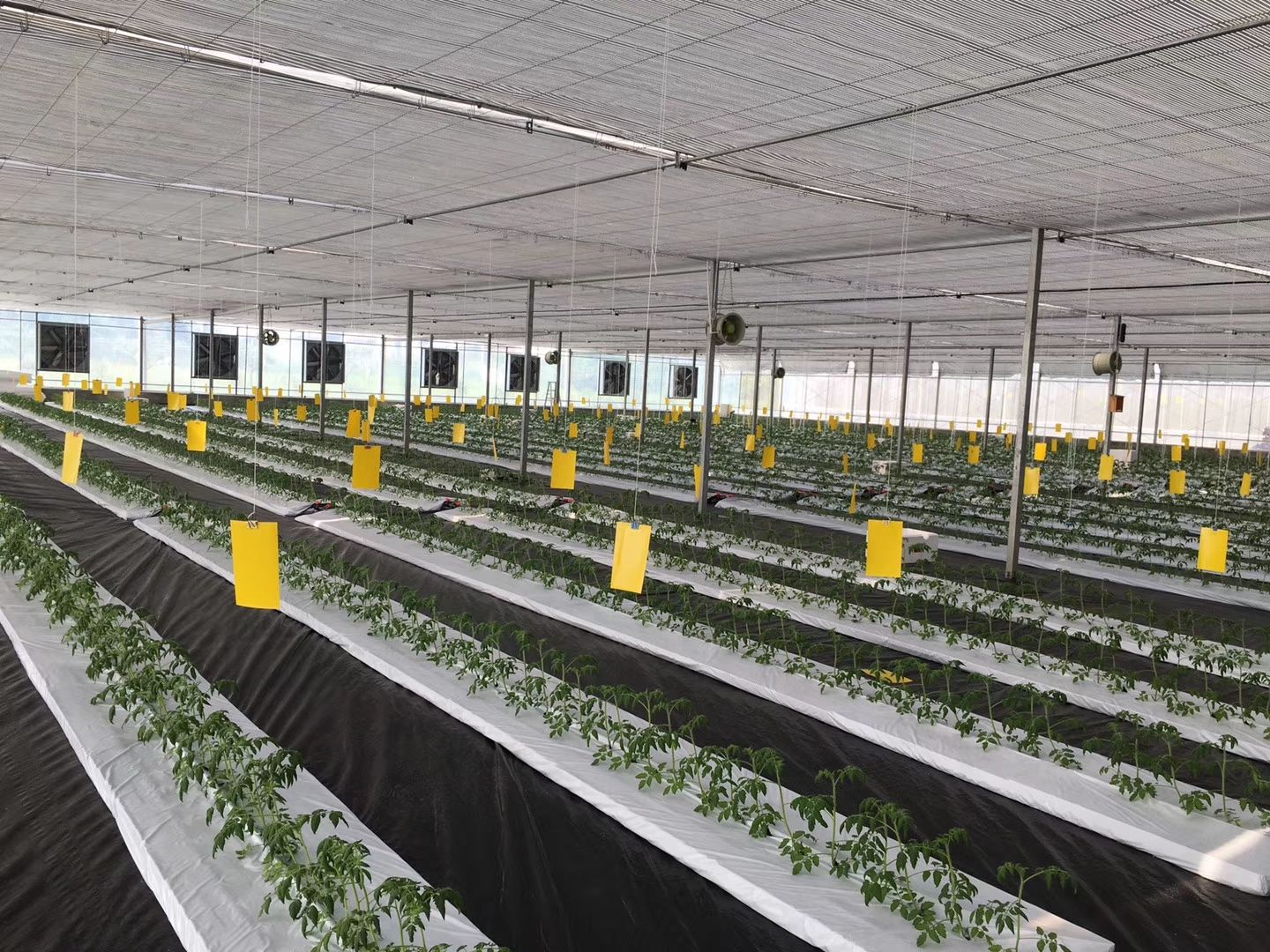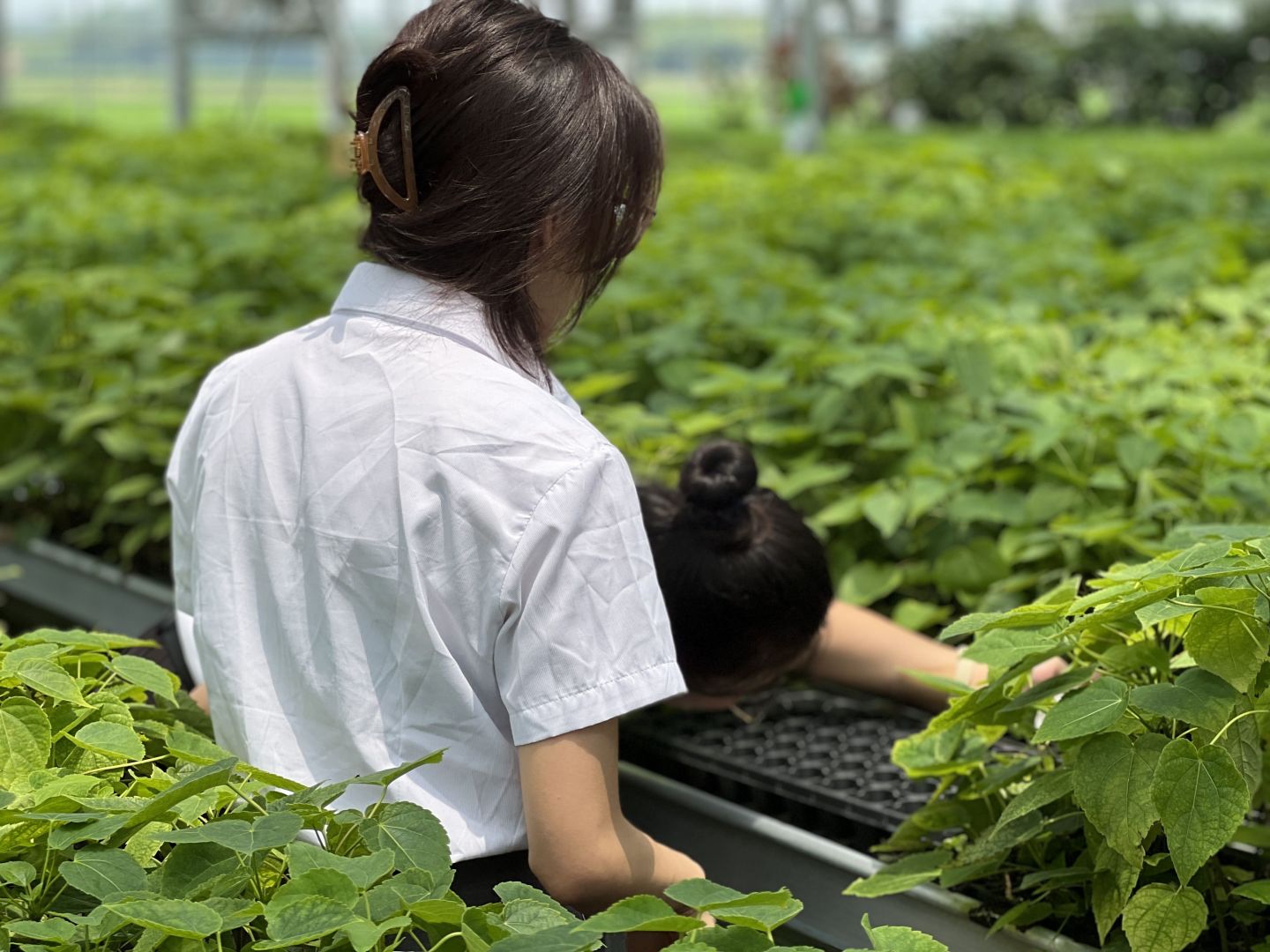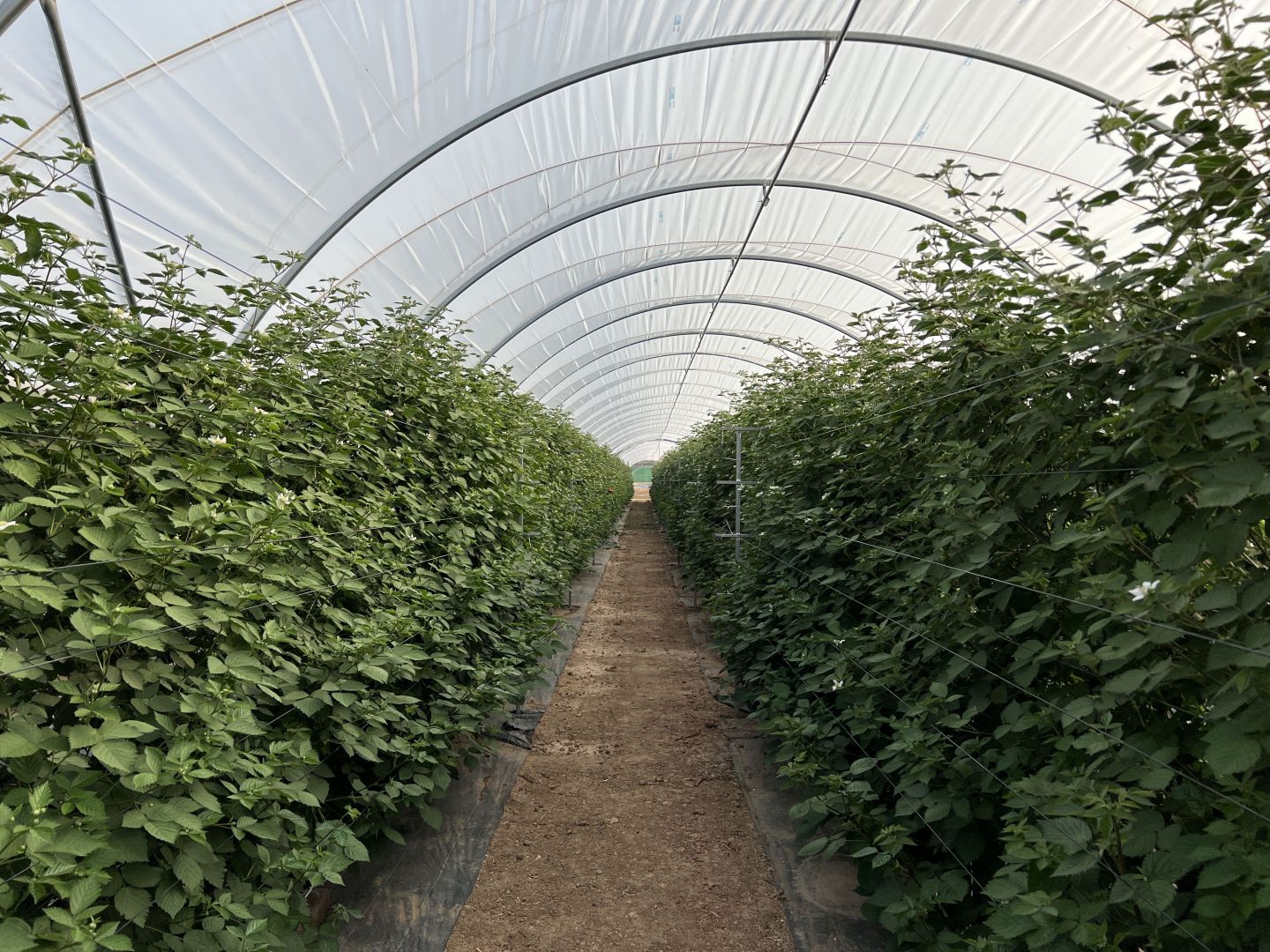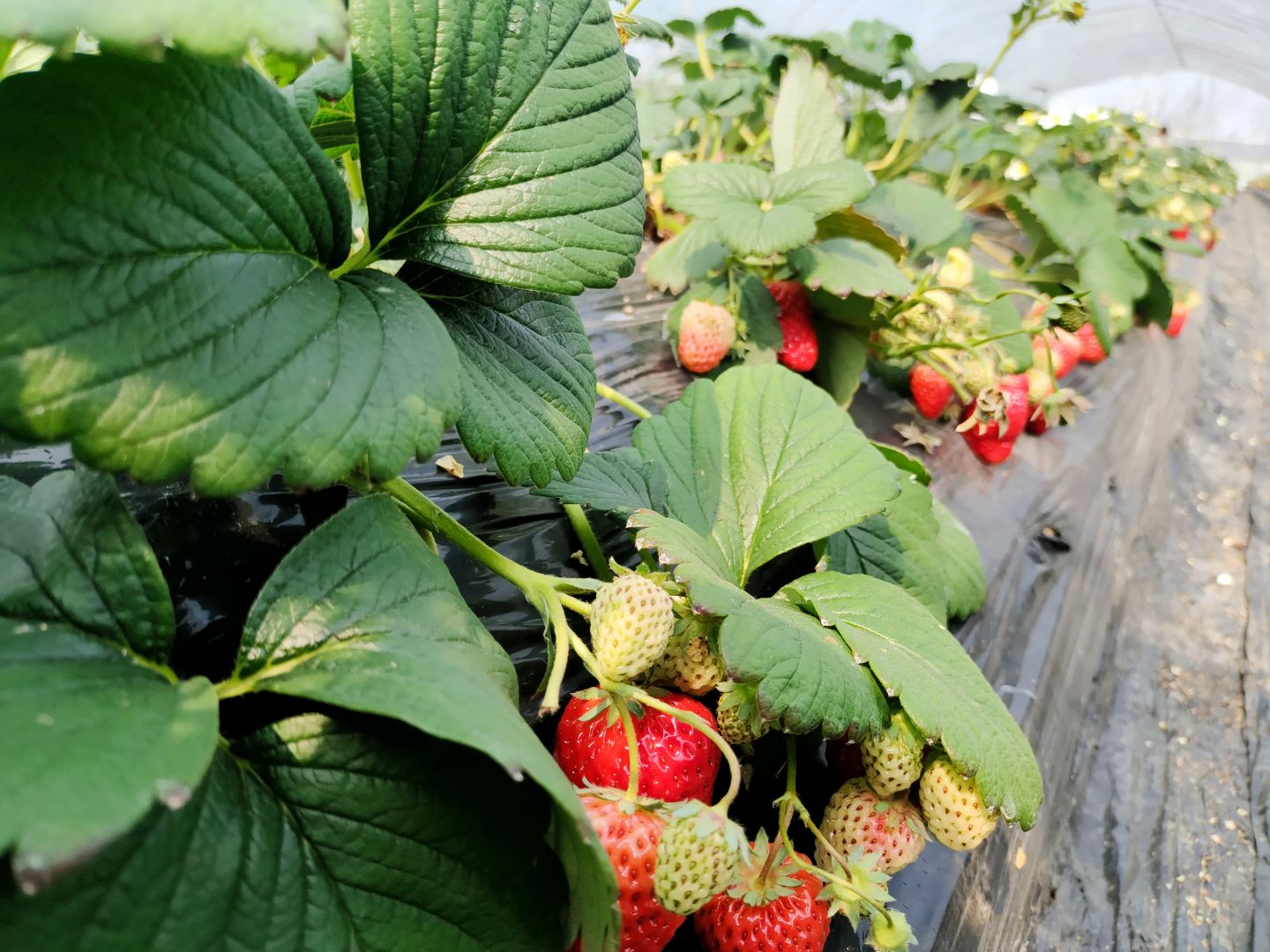In the dynamic realm of agriculture, greenhouses stand as versatile allies, influencing the way we cultivate and harvest crops. From protecting delicate plants to extending growing seasons, greenhouses are not just structures; they are integral components in the evolution of sustainable and efficient agriculture.
Before delving into the diverse applications of greenhouses, let's establish a foundational understanding. At its core, a greenhouse is a controlled environment designed to provide a protective shield for plants against external elements such as adverse weather conditions, pests, and diseases. However, their utility extends far beyond mere protection, encompassing a spectrum of functions that contribute to the optimization of crop cultivation. Let’s check the role of greenhouses in agricultural development together.


Extending Growing Seasons
By creating a sheltered and regulated environment, these structures empower farmers to cultivate crops throughout the year, independent of external climate fluctuations. This not only ensures a consistent and reliable food supply but also facilitates the cultivation of crops that may be unsuitable for the local climate under normal circumstances. In this process, they usually use some supporting systems matching the greenhouse or choose different greenhouse covering materials to achieve an ideal growing environment.
Optimizing Growing Conditions
Greenhouses provide farmers with a unique ability to manipulate environmental variables crucial to plant growth, such as temperature, humidity, and light. This level of control allows for precision farming, where crops are nurtured under conditions that maximize their potential. Generally speaking, they will match some sensors to inspect relevant parameters. If you want to know further information, you can check out this system-- the intelligent control system.


Diversifying Crop Varieties
These structures serve as experimental grounds for cultivating new and exotic plant varieties. Farmers can diversify their crop portfolio, exploring innovative agricultural practices and contributing to biodiversity. In the face of climate change, the ability to experiment with and adapt to different plant species becomes a crucial aspect of sustainable farming. In terms of choosing greenhouse types, film greenhouses, polycarbonate greenhouses, and glass greenhouses can always meet different cultivation needs. For more details about the greenhouse, please click here.
Promoting Sustainable Agriculture
As the global focus shifts towards sustainable agriculture, greenhouses emerge as champions of eco-friendly farming practices. Their resource-efficient design, coupled with the ability to reduce the environmental impact of conventional farming methods, positions greenhouses as key players in the pursuit of a more sustainable and resilient food production system.
In conclusion, as we navigate the complexities of feeding a growing global population, understanding and harnessing the potential of greenhouses is essential for cultivating a sustainable and prosperous agricultural landscape. If you also want to know more information about greenhouses, please consult us anytime!
Email: info@cfgreenhouse.com
Phone: (0086)13550100793
Post time: Nov-27-2023





